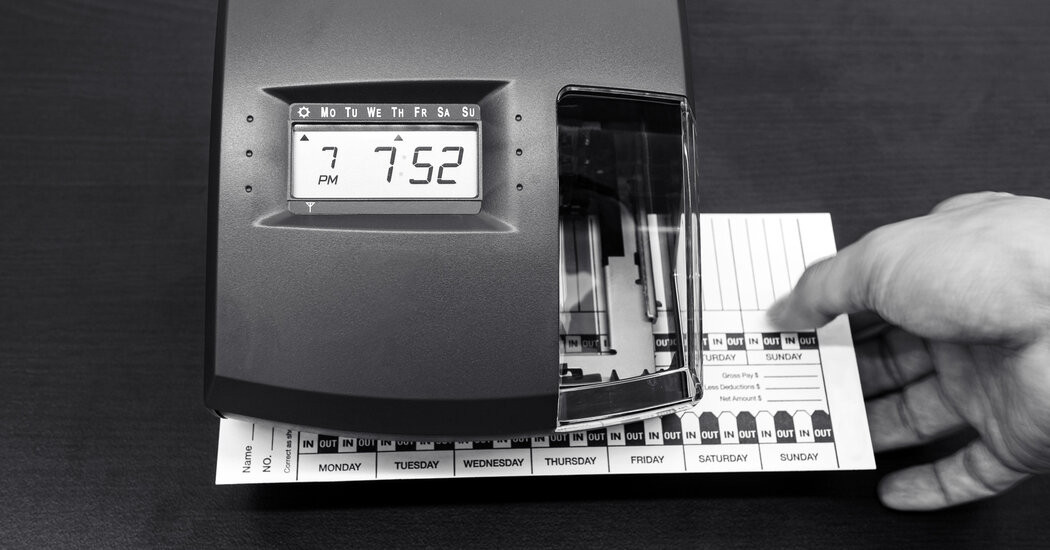

America’s welfare programs were created with a noble purpose: to help those who needed them most — our seniors, individuals with disabilities, pregnant women and low-income families with children.
In recent years, though, these welfare programs have deviated from their original mission both by drift and by design. Millions of able-bodied adults have been added to the rolls in the past decade, primarily as a result of Medicaid expansion. Many of these recipients are working-age individuals without children who might remain on welfare for years. Some of them do not work at all or they work inconsistently throughout the year.
The increased share of welfare spending dedicated to able-bodied working-age adults distracts from what should be the focus of these programs: the truly needy.
This should not be the American way of welfare. That’s why we are joining efforts to require able-bodied adults (defined as adults who have not been certified as physically or mentally unfit to work), with some exceptions, to get jobs and calling on Congress to enact common-sense reforms into law. Congressional Republicans have already put forward new or revised work requirements for Medicaid and food stamps in the reconciliation package and much-needed tax relief for Americans in The One, Big, Beautiful Bill.
As leaders of the agencies that oversee the largest welfare programs in the nation — the Supplemental Nutrition Assistance Program, Medicaid and federal housing assistance, among others — we see the data, hear the stories and understand that these programs are failing to deliver results. For able-bodied adults, welfare should be a short-term hand-up, not a lifetime handout.
But too many able-bodied adults on welfare are not working at all. And too often we don’t even ask them to. For many, welfare is no longer a lifeline to self-sufficiency but a lifelong trap of dependency.